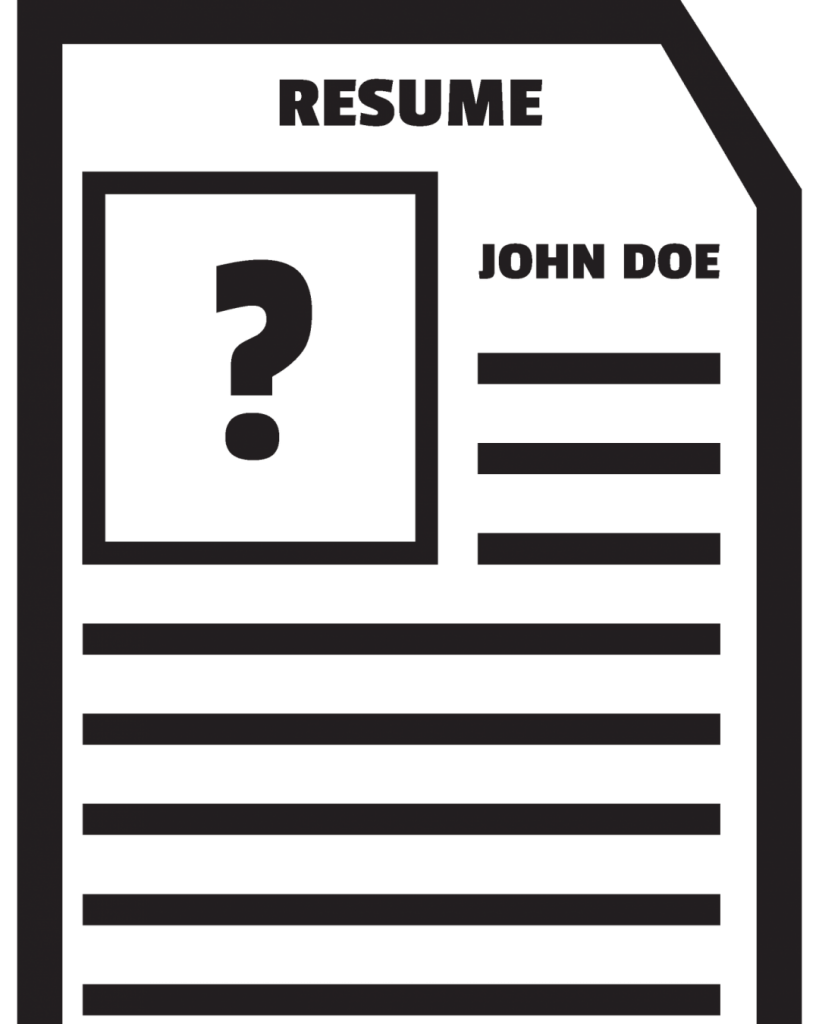In which language(s) should I write my CV? This is one of the questions you might, or rather, need to ask yourself when applying for a job in Belgium. It’s a tricky scenario, not just in terms of the job market. I will guide you into writing a proper Belgian CV.
In Which Language Should I Write My Belgian CV?
Let’s start with a question that in most other countries would not even be an issue: in which language -or languages- do I need to write a Belgian CV? Luckily, the answer to this question is easier than the previous paragraph suggests: simply answer in the same language as the job offer. For jobs in the Flemish region this most likely will be Dutch or English, in both the Brussels region and the Walloon region French or English, and in the very small German-speaking part you might find some jobs in, well … German. If you don’t master one of the local languages, there’s still you some good news: in many cases a CV written in English will be accepted. But while language skills are highly valued in Belgium, still it’s important to adjust your style to a Belgian standard.
Download a Belgian CV template in English here (.doc)
Here you can find a Belgian CV template in English (.pdf)
To Photo Or Not To Photo?

That is indeed the question. Traditionally, a photo was not included in Belgian CVs. This has changed in recent years, with it becoming more common to put a photo in your CV. There is no straightforward answer to this. If you decide to include one, don’t pick your latest beach holiday picture. Instead, take a professional looking picture. A passport picture might be a bit too much, after all, professional does not mean that you cannot show any joy in your life. Remember that this will be the first visual impression you will make on your potential future employer, so it should be a good one.
Belgian CV Length
There is no “official” limit to the number of pages, but in general try to stick to two pages. Resumes that contain more than two pages are going to take a lot of time for a recruiter to quickly go through, but three pages are acceptable if it is all relevant information. A curriculum vitae that takes up less than one page is going to raise questions as well, especially when you are a senior professional. It could appear strange if you don’t have enough work experience to fill just one page at this stage of your career.
Which Personal Details Should I Include In My CV?
This part can be a bit larger than in many other countries. Information that can be found on your ID like name, date of birth, maybe place of birth and nationality should be included. Additionally, you can add a photo, as mentioned above, but you should include some contact details. Your phone number and e-mail address are the obvious ones to provide. If you are still employed at another company, do not use your company email address, but a personal one instead. It goes withou saying that you should use a straightforward email address; that is not humorous or childish.
If you have a LinkedIn page, I would advise including a link to it here as well. Tip: you can change the last part of the shown LinkedIn-URL, so that it shows something more personal than a random “AdSZFcxdvvbd” URL. It is not uncommon to incude your marital status here either, and if applicable, it’s okay to even mention your spouse’s contact details.
Experience. Experience. And Experience.
Since you are a seasoned professional, it might be a while since you graduated. Your working experience, rather than what you have studied for, is likely to be more relevant for your future employer. This is why you always put your professional experience higher up on your CV than your education. As is the norm in most countries these days, start with your present (or last) job and work down to previous working experiences, in reverse chronological order.
Show Results In A Belgian CV
What should you put here? Don’t just mention your daily tasks, you want to show results of your work too. If you are a sales manager, mention all the numbers and percentages that have increased because of your work! If you are a designer, show how the changes you made influenced the traffic numbers of your company’s site, and so on.
To catch the eye and make your CV more readable, you can use bullet points. Don’t mention every little thing you have ever done; try to stick to three to five points per job. You can change these points according to the job you are applying for, and use the most relevant ones more prominently.
No Need For References Just Yet
When it comes to references: these are rarely checked in Belgium, so you can leave them out of your CV entirely. If they are going to be checked, it will be at a later stage in the interview process so you can just provide them then. Make sure you have some references ready, just in case.
Education
This section forms a necessary part of your CV. You can put it below your work experience, and give details about more than just your formal education here. As for your main education also mention your merits (with distinction, honours, etc.). Experiences abroad, extracurricular activities, etc. can be put here. Education is valued highly in Belgium – even if its importance decreases over the course of your career.
Skills
Closely related to education is the skills section, which is something I would recommend including. You can outline relevant certificates you have obtained here, be it a language certificate or a software programme you mastered. Other competencies should be clear from the bullet points of your working experience, so there is no need to mention them again.

Should I Mention My Hobbies In My CV?
It’s up to you. But if you do, be specific about them and, go niche. You don’t like “music”, you like “jazz” or “rock”, or even more specific subgenres. Try to give details of hobbies a spin so that they give away a bit of your personality, or becomes relevant to the job offer. In case your CV is getting too long this is easily the part you can leave out first – but be prepared to talk about your pastimes during an interview!
To Wrap-Up On How To Write A Belgian CV:
- Write in the language of the job offer, or in English
- Use a decent photo
- Two pages
- Don’t forget your contact details
- Reverse chronological order for experience & education
- Work experience before education
- Skills section
Best of luck with your job search! In case you are looking for a job in France, the UK, the US or China, follow the links for advice on the country you need!
A quick repeat of the templates to conclude:




